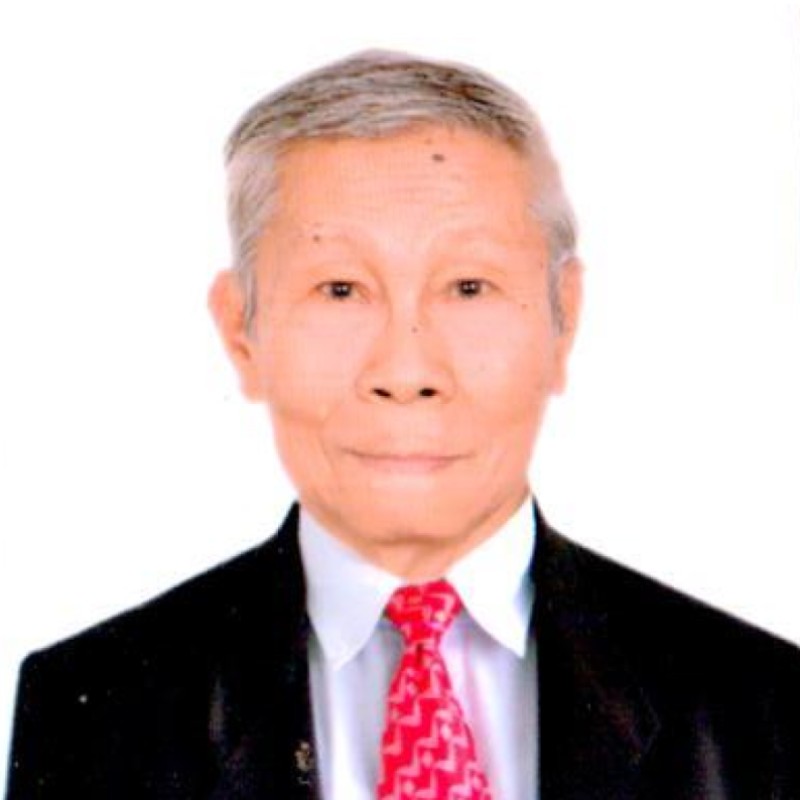GLIMPSES & GAZES
By Severino C. Samonte
Quezon City Council enacts anti-hoarding ordinance
Share
The members of the Quezon City Council (2022-2025) deserve commendation for their timely passage of an ordinance vesting the city's 142 barangay captains with the authority to prevent the hoarding of basic necessities and prime commodities during times of extreme emergencies, calamities and crises, thereby resulting to undue price increases prejudicing the general public.
The measure, Ordinance No. SP-3202, S-2023, was introduced jointly by Councilors Rannie Z. Ludovica and Dave. C. Valmocina, both of the city's second district. It became effective after its signing by Mayor Joy G. Belmonte and its publication in a national circulation newspaper last month.
The QC Council, presided by Vice Mayor Gian G. Sotto, has 36 elected councilors plus two ex-officio members represented by the presidents of the Federation of Barangay Captains and Sangguniang Kabataan (SK) from the city's six districts.
The enactment of the ordinance was anchored on Section 384 of the Local Government Code (LGC) of 1991 or Republic Act No. 7160 which provides that:
"Role of the Barangay. As the basic political unit, the barangay serves as the primary planning and implementing unit of government policies, plans, programs, projects, and activities in the community, and as a forum wherein the collective views of the people may be expressed, crystalized or considered, and where disputes may be amicably settled."
The ordinance vested the punong barangay with authority and responsibility "to prevent any act of hoarding or smuggling of basic necessities and prime commodities" in their areas of jurisdiction.
Specifically, the barangay head is empowered to perform the following duties or functions:
--Strictly monitor the operation of warehouses in his or her jurisdiction and report to the law enforcement agency or concerned bureaus, offices, or departments any suspicious operation thereof.
--Upon complaint or on his/her own initiative and with the assistance of law enforcement officers and the concerned offices/departments of the city government, the punong barangay shall conduct an ocular inspection in the warehouse premises to check its business permit and other pertinent documents, as well as the quantity and source of stored goods, commodities or items and the payment of taxes or customs duties, in case of imported goods.
If the stored goods or commodities in the warehouse are found to be beyond the normal inventory levels of the owner/manager/operator, and the imported goods lack the required documents and payment of customs/import duties, or a contraband such as illegal drugs or firearms, the punong barangay shall immediately report the same to the concerned offices/departments of the city government.
The report must be made also to the Philippine National Police, Philippine Drug Enforcement Agency, Bureau of Internal Revenue, Department of Agriculture and Bureau of Customs for closure of the business, search/Confiscation/seizure of the subject goods, commodities, items or contrabands.
In the explanatory notes for the ordinance, the councilors observed that "the Quezon City Local Government, one of the leading local government units in the country in terms of business growth, economic development, and sizeable area, becomes the centerpiece of various business warehouses storing agricultural and aquatic products and other merchandise to be supplied to other localities in order to cater to the public's needs."
They added: "It can be gleaned from police and news reports that despite the stricter monitoring and intensified campaign of the government, most of these warehouses are being used for hoarding and profiteering of basic necessities and prime commodities, which eventually result in shortage of supplies.
"There have also been reports that smuggled goods, contrabands, and even illegal drugs have surreptitiously entered the country through the backdoor and other conducive points of entry and such goods, contrabands and illegal drugs are being stored in the said warehouses to the detriment of the public."
Under the ordinance, "hoarding" refers to the undue accumulation by a person or combination of persons of any basic commodity beyond his his/her or their normal inventory levels, or the unreasonable limitation or refusal to dispose of, sell or distribute the stocks of any basic necessity or prime commodity to the general public.
"Basic necessities" include rice, corn, bread, dried and canned fish and other marine products, fresh pork, beef and poultry meat,fresh eggs, fresh and processed milk, fresh vegetables, root crops, coffee, sugar, cooking oil, salt, laundry soap, detergents, firewood, charcoal, candles, and drugs classified as essential by the Department of Health.
Included under the term "prime commodities" are fresh fruits, flour, dried, processed and canned pork, beef and poultry meat, dairy products not falling under basic necessities, noodles, onions, garlic, vinegar, soy sauce, toilet soap, fertilizer, pesticides, herbicides, swine and cattle feeds, veterinary products for poultry, swine and cattle; paper, school supplies, nipa, shingles, cement, G.I. sheets, hollow blocks, plywood, construction nails, and electrical supplies.
Comments
About the Columnist

He began his journalistic career by contributing to the Liwayway and Bulaklak magazines in the 1960’s. He was the night editor of the Philippine News Service when Martial Law was declared in September 1972. When the Philippine News Agency was organized in March 1973, he was named national news editor because of his news wire service experience.
He retired as executive news editor in 2003. He also served as executive editor of the Malacanang-based Presidential News Desk from 1993 to 1996 and from 2005 to 2008.
